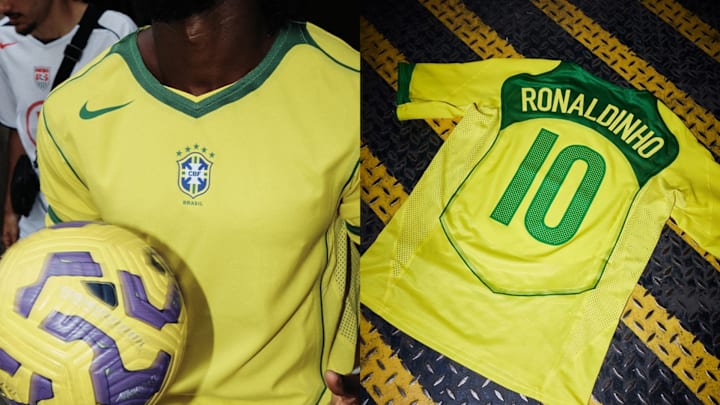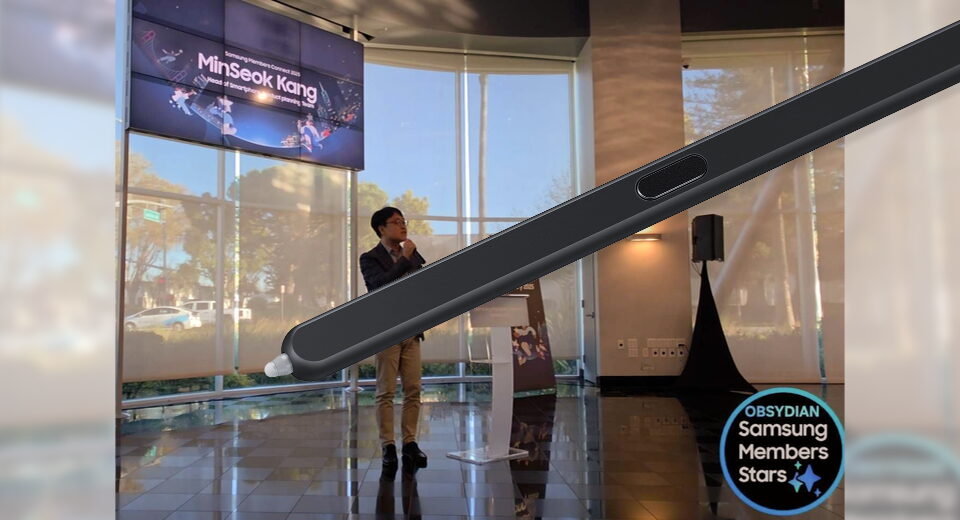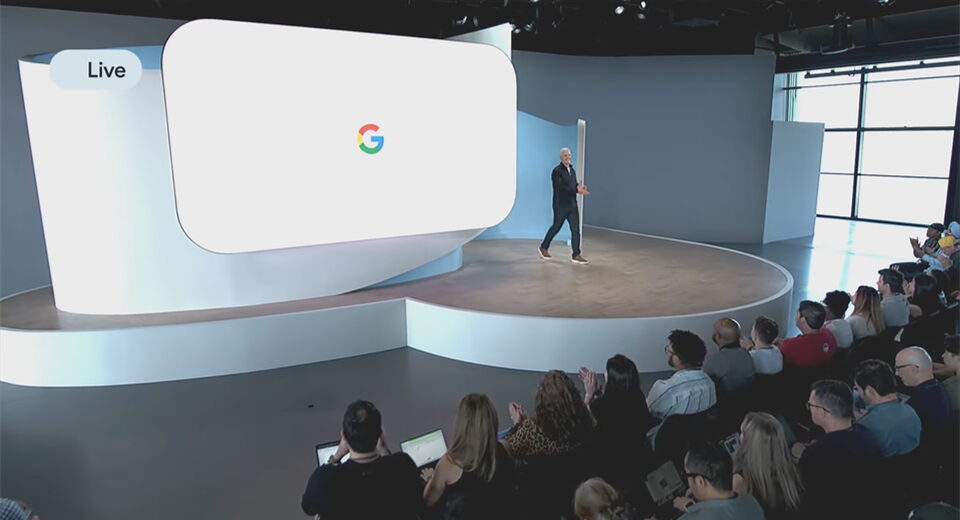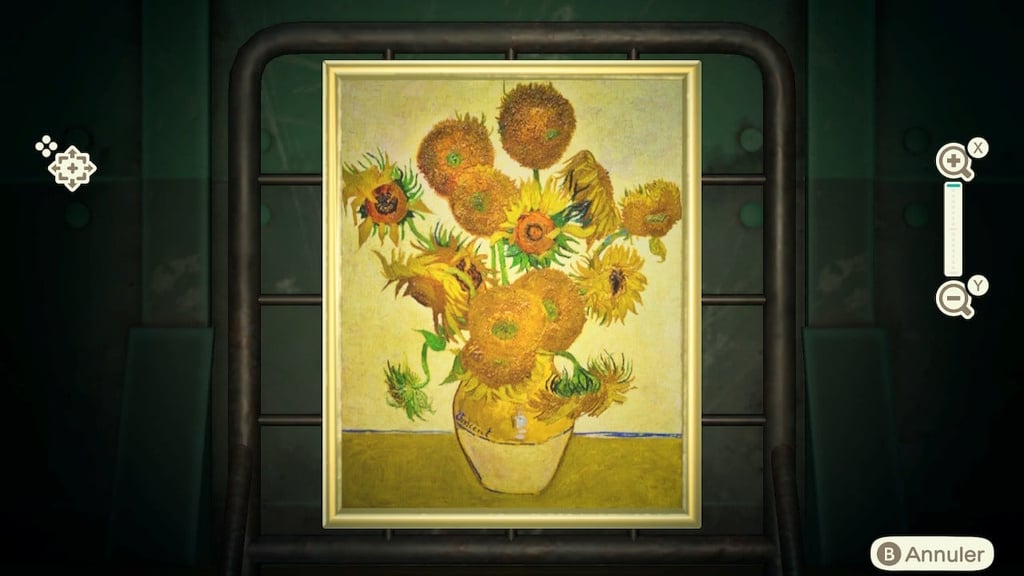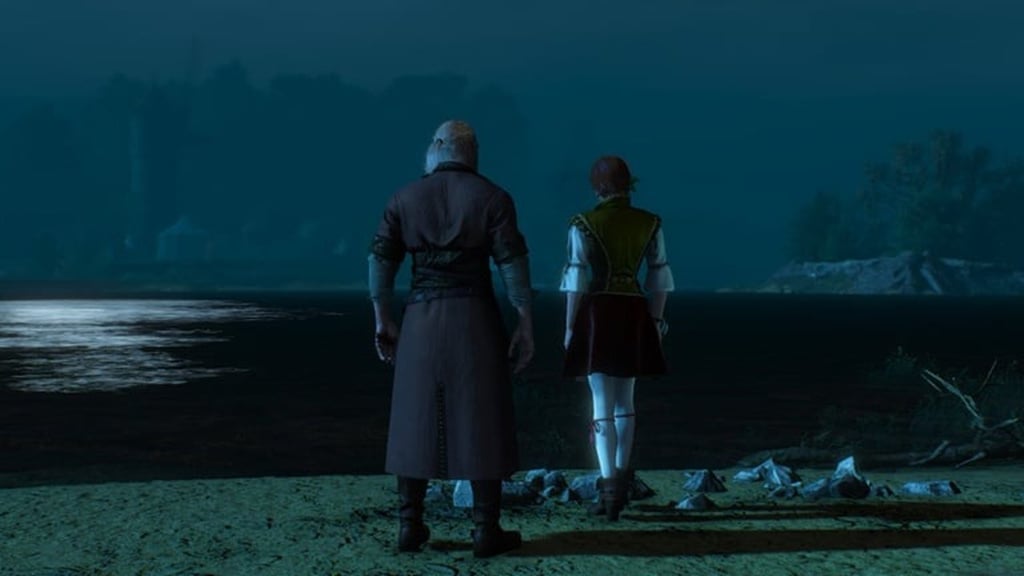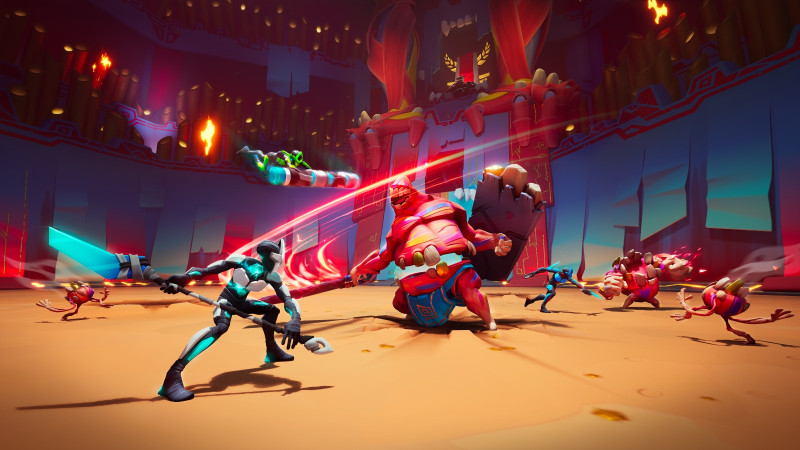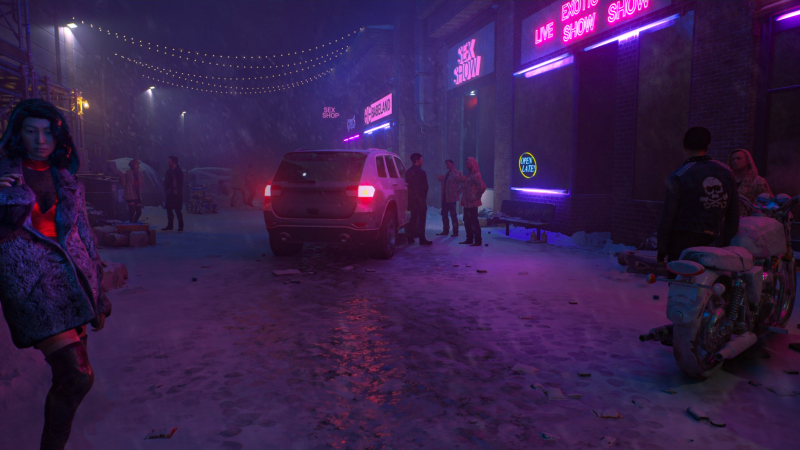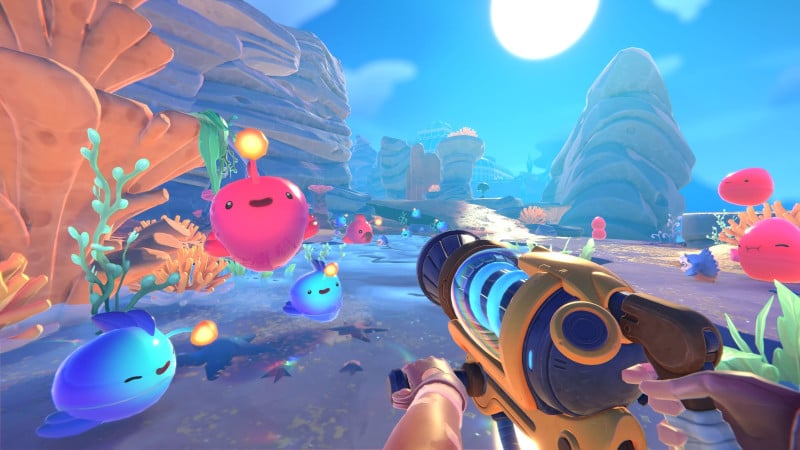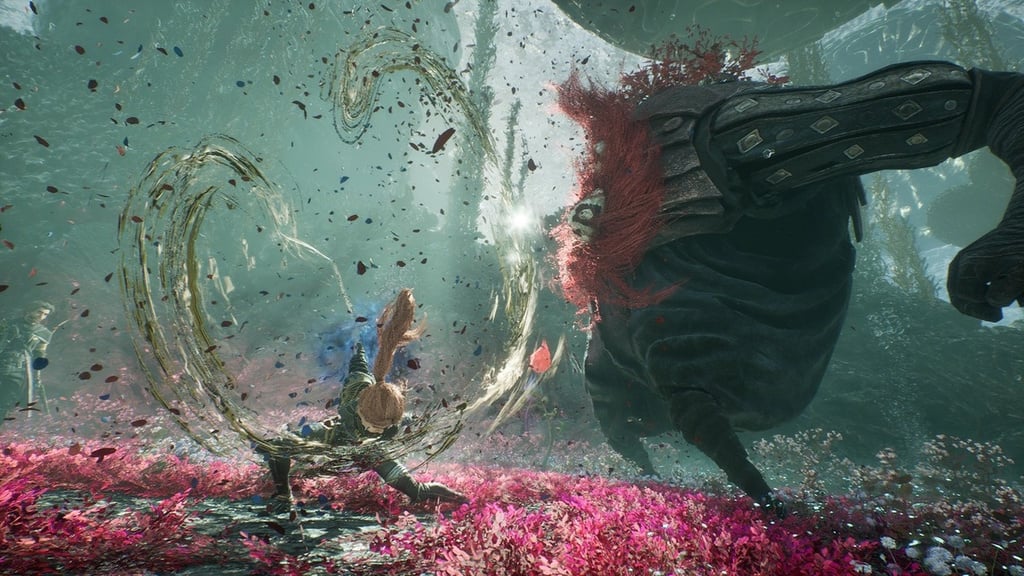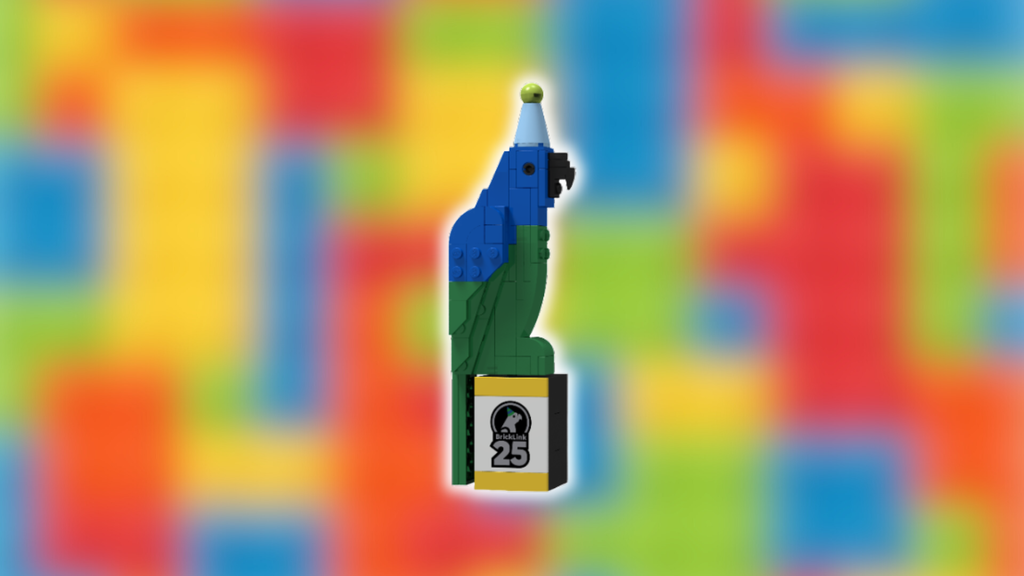Learning Is Slower Than You Think
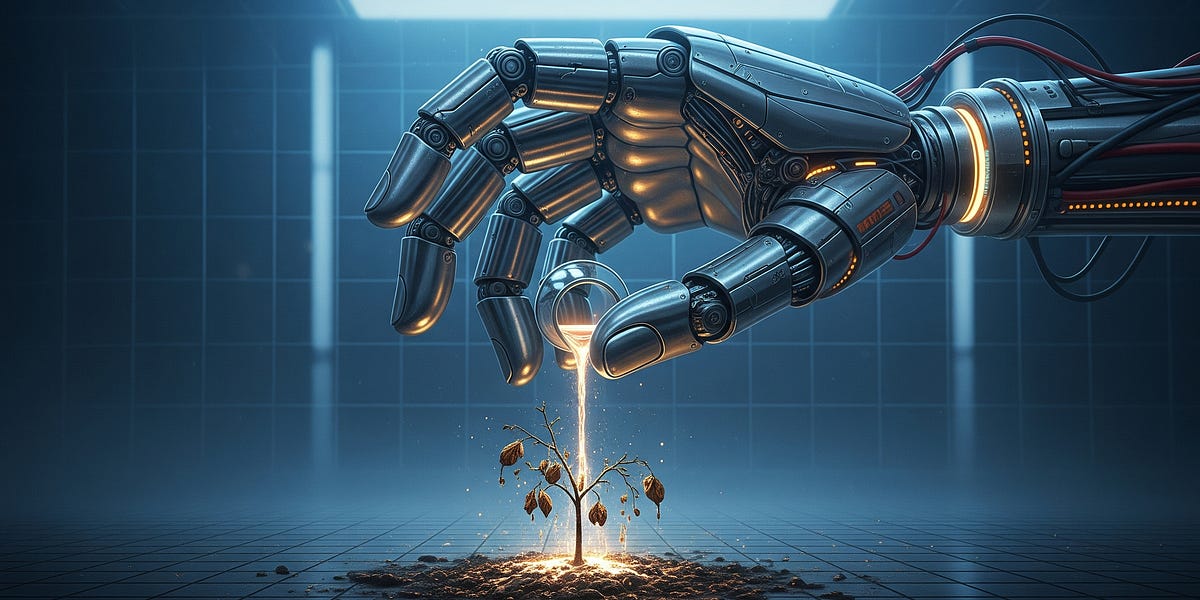
It was just a question over breakfast.
“What’s a metaphor?” Mira asked her father, spoon halfway to her mouth.
He began to explain, but she interrupted: “So it’s when something isn’t what it is—but also is?”
There was a silence at the table—not confusion, but recognition. She had already touched it, before any definition arrived. Before a lesson plan or rubric could intervene.
That moment—so small, so ordinary—was also everything.
Because this is how real learning often arrives: sideways, unscheduled, alive. A flicker of attention. A question asked not because it’s required, but because something inside needs to know.
And I wonder: in the schools we are now building—will there still be room for that?
From AlphaGo to Alpha School
There’s something in the name: Alpha.
It began with AlphaGo—Google DeepMind’s breakthrough that defeated the world champion in Go, a game long thought to lie beyond the reach of machines. Then came AlphaZero, AlphaFold, AlphaEvolve—each pushing the boundaries of what AI could optimize: strategy, science, even evolution itself.
And now: Alpha School.
The frontier has come home. The same engines that mastered games and folded proteins are now aimed at children—their minds, their time, their curiosity. Childhood itself, reframed: not as a journey to be nurtured, but a system to be streamlined.
To Alpha’s founders, this is progress. Why waste hours in lecture halls when software can deliver content at precisely your level, at precisely the right moment? Why learn with peers who might slow you down? Why not optimize education like we’ve optimized everything else?
But what begins as personalization quickly becomes flattening. What starts as adaptation ends in control.
When you train for performance, you lose the space to wonder.
And when you name your school Alpha, you signal something deeper:
Not growth. Not care. But dominance.
The Alpha Model
Alpha School, profiled recently in The New York Times, is not a thought experiment. It’s real. In Austin, Texas, children spend just two hours a day on academics guided by AI. The rest is for projects—entrepreneurship, personal projects, and even outdoor expeditions. No teachers—just adult “guides.” No lectures—just adaptive software.
Its founders call it the future of education. And they’re expanding fast—Miami, New York, Arizona, Silicon Valley. Their vision is clear: faster mastery, tech-forward life skills, and measurable personal growth.
But Alpha reveals more than a new way to school children. It reveals the kind of world we’re preparing them for—and more quietly, what we may be preparing to lose.
It’s tempting to dismiss this as corporate hubris. But in their eyes, they are not just building a school; they are building a lifeboat.
The New Gospel of Optimization
It’s a compelling pitch: eliminate inefficiency, compress academics, and free up time for “real-world” learning. Students move at their own pace. No one is held back. The algorithm adapts.
Some celebrate this as liberation: a shift from rote instruction to autonomy. Let students breeze through the basics, then dive into projects, expeditions, entrepreneurial experiments. Let learning be self-directed, relevant, hands-on.
And some readers may ask: if schools like Alpha accelerate the basics and then give students space to explore—what’s wrong with that?
The problem isn’t the intention—it’s the architecture. You can’t optimize one part of a child and expect the rest to unfold naturally. Learning isn’t modular. Once efficiency takes hold, it doesn’t stay in its lane. It reshapes what matters.
Alpha isn’t the only case. It’s a signpost for a broader trend—one that treats friction as failure, learning as delivery, and formation as a plug-in. Education is being reengineered for smooth delivery: scalable, measurable, always on. The model may vary, but the mindset is spreading—teach faster, assess earlier, reduce uncertainty.
Beneath this sleek logic lies a deeper shift: learning becomes something done to you—not something you do.
Process becomes overhead. Reflection becomes lag. Mastery becomes frictionless.
Yet across cultures and eras, the wisdom is consistent: struggle shapes understanding. From Vygotsky and Piaget to Montessori and the gurukuls—learning has always been more than transfer. It is transformation—through effort, relationship, and time. Western thinkers like Illich, Papert, and Bruner echoed this. So did oral traditions, from Māori wananga to Yoruba initiation—traditions that value story, presence, and slow formation.
Real learning doesn’t just build skills—it reshapes the self. It begins in confusion and ends in change. Not mastery, but metamorphosis. That shift requires more than self-direction—it demands relationship and sustained presence. What’s lost in Alpha’s world isn’t content—it’s interiority: the struggle, the slowness, the human friction.
Many homeschooling families—across ideologies—push back not to avoid rigor, but to protect space: for curiosity, conversation, and the meander of a real question. They don’t reject education—they reclaim the conditions that let it unfold.
The Renaissance apprentice ground pigments for years before painting. The hands learned before the head. A math student wrestles with a proof; a writer stares at a blank page. These struggles form us.
A friend once told me, “The struggle of learning doesn’t just shape the individual. It creates community.” The line stayed with me.
In childhood, he said, our learning is scaffolded not just by content but by people—teachers, parents, coaches—who believe in us before we do. “An algorithm might pace your lessons perfectly,” he said, “but it won’t look you in the eye. It won’t see who you’re becoming. Because it isn’t a person.”
Over time, that struggle evolves. In adolescence, we rely on peers—we learn, teach, carry each other through. Later, in graduate studies or trades, the circle tightens but deepens. We begin to pass on not just knowledge, but how to stay with difficulty.
He told me about his time as a military flight instructor—how the pain of being a student made him a better teacher. And how that, in turn, shaped the kind of parent he became. “There’s a lineage,” he said. “Learning, struggling, guiding—it’s how we stay human across generations.”
Learning isn’t just acquiring knowledge—it’s rebuilding understanding. And in that process, friction isn’t a flaw. It’s the way.
This isn’t new. In AI and the Erosion of Knowing, I argued that removing obstacles may speed learning—but it also hollows it out. No need to wrestle with a problem—the machine walks you through. No need to write to find your thought—the system writes for you.
Nor is this logic uniquely Western. In China, AI tutoring has become an obsession: an arms race of adaptive content, automated grading, and algorithmic pacing—fueled by state incentives and parental anxiety. In India, edtech giants offer the same: test-prep gamified to the microsecond, childhood streamlined.
The concern is the same: when learning becomes a race, who decides the finish line? And who gets left behind—not just in score, but in spirit?
Alpha institutionalizes this mindset. Learning becomes logistics. Human scaffolding gives way to sleek sterility.
To be fair, Alpha and schools like it are responding to real failures: rigid classrooms, passive learning, one-size-fits-all instruction. Many conventional schools leave students disengaged, teachers overburdened, curiosity stifled.
By contrast, AI-centered models offer personalized pacing and project-based freedom. On paper, they echo progressive ideals: less rote, more relevance; less hierarchy, more autonomy. For some students—especially those with learning differences or trauma—AI can provide a softer entry point.
The question isn’t whether those goals are worthwhile—but whether the means preserve the soul of what makes education meaningful.
And this isn’t just true in classrooms. It’s just as real in garages, kitchens, and hangars—where learning passes through hands, not just minds. But defending this truth doesn’t mean excusing the systems that fail to honor it.
The False Binary
Critics of Alpha often leap to defend traditional schools. But let’s be honest: many public systems do resemble outdated factories—rigid, underfunded, and standardized to the point of sterility.
Alpha’s response isn’t to humanize learning—it’s to mechanize it more elegantly.
And so we’re left with a false binary: the factory or the feedback loop. Children as cogs—or children as code.
In The Myth of Superintelligence, I wrote about the danger of mistaking scale for wisdom. Alpha School is what happens when we extend that logic to childhood itself: we stop designing for minds and start designing for systems. And in that shift, the soul becomes overhead.
But the real question isn’t whether AI can teach. Of course it can. The question is: what kind of human are we trying to raise?
And what’s the real tragedy of this model? It’s not that it fails—it’s that it succeeds. Brilliantly. But at the wrong task: a perfect system solving for performance, not presence.
Insight or Compliance?
One Alpha student puts it plainly: “To be a useful person in the age of AI, you have to have unique insights that AI doesn’t really agree with.”
It’s a striking sentence. But what does it really mean to “beat AI” at insight?
Insight isn’t just novelty. It’s not whatever the model fails to predict. It’s perspective—earned through lived experience, failure, quiet, and slowness. It arises in the space between answers, not the race to reach them.
In What Is Intelligence? Layers of Emergence, I argued that intelligence isn’t one thing—it’s layered, contextual, recursive. Training children to outperform machines may win the game, but it misses the point:
Machines don’t need meaning. We do.
And meaning takes time.
Sometimes, insight isn’t found in theory at all—but in practice. In the weight of a wrench, the rhythm of a task, the quiet mastery that only grows by doing.
What the Hands Remember
During that same conversation, my friend asked something that cut through the polish of Stanford admissions and startup portfolios:
“What happens when a kid from Alpha School says they want to become an electrician?”
The question wasn’t cynical—it was human.
Learning a trade isn’t about checking off modules or auto-leveling your pace. It’s about watching someone who knows. Trying. Failing. Trying again. It’s about showing up—and showing respect.
Apprenticeship isn’t scalable. It’s personal.
And in mathematics—which I practice and teach—it’s rarely the final proof that holds the deepest value. It’s the false starts, the tempting wrong turns, the almost-beautiful ideas that collapse under scrutiny. That long, tangled mess is where the wisdom lives. I’ve seen it in my own work—and in the eyes of students who struggle, and then, slowly, see.
AI might produce a polished proof—but it’s trained on clean solutions, not the chaotic terrain that leads to them.
It doesn’t remember what didn’t work, or why.
And sometimes, because it lacks that mess, it fails to find the answer at all.
It skips the detours where new understanding lives.
It doesn’t teach you how to carry uncertainty—or how to stay with a question that resists you, not just for minutes, but for months or years.
And the real metric of success isn’t a college list—it’s readiness for real, shared work.
My friend continued:
“The article ends by listing which colleges Alpha kids get into. That’s great. But is that the only thing we want from an education? What about resilience? What about care?”
He told me about his high school calculus teacher.
“He was hard on me. Sometimes I hated him. But when I hit hard moments later in life, it wasn’t just differentials I remembered—it was the struggle. And the way he pushed me through it.”
Could an AI tutor have taught him the math? Probably.
Would it have left him with the same memory, the same relationship, the same source of strength? Probably not.
Some proponents of Alpha argue that by moving learning “behind the screen,” it removes the spotlight of comparison. Without overt grades or teacher favoritism, students may relate to one another more openly—less as rivals, more as collaborators. But when learning becomes private and disembodied, what do we lose in shared formation? What rituals, frictions, or mutual recognitions fall away?
And that’s what so much of this comes down to—not just what is learned, but how, with whom, and at what cost.
Back to the Table
So when Mira asked about metaphor, and then offered her own, she wasn’t just learning language. She was building a model of the world.
That small spark—that question without a prompt—was a kind of rebellion. Against curriculum. Against efficiency. Against the idea that knowing must arrive on schedule.
And it happened at a breakfast table—no prompts, no dashboards. Just a spoon mid-air and a thought in bloom.
Alpha School may win the race for optimization.
But if we scale its model without pause, we risk raising children who are fluent—but forever waiting for the next prompt.
Some critics counter—
“But isn’t that the point? Let AI handle the basics so kids can focus on creativity, connection, and projects?”
It’s a fair instinct.
But it assumes process and product can be split without cost. That mastery can be divorced from formation. That knowing can be compressed—without changing what it means to know.
Some argue that such streamlining is necessary—that in an age of information overload, the deeper skill is not trudging through every concept, but knowing how to filter, pivot, and adapt. And perhaps that’s true. But adaptation is not the same as formation. If we train children only to manage speed, we may forget how to help them pause, discern, or step outside the flow entirely.
We don’t need schools that teach us to beat AI.
We need schools that teach us how to listen. To linger. To wonder.
And maybe—just maybe—to ask a question like Mira’s.
Not because we’re told to.
But because something inside needs to know.
Thanks for reading The Intelligence Loop! This post is public so feel free to share it.
Thanks for reading The Intelligence Loop! Subscribe for free to receive new posts.
What's Your Reaction?
 Like
0
Like
0
 Dislike
0
Dislike
0
 Love
0
Love
0
 Funny
0
Funny
0
 Angry
0
Angry
0
 Sad
0
Sad
0
 Wow
0
Wow
0







